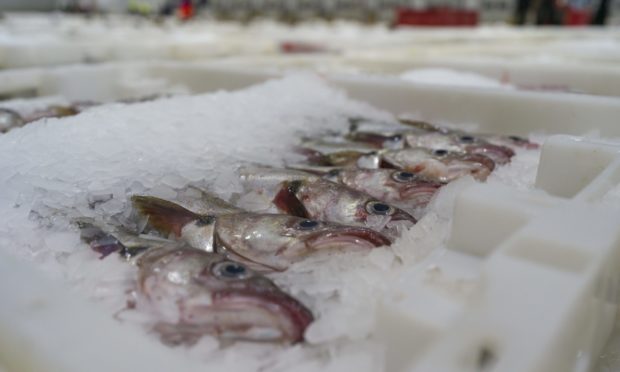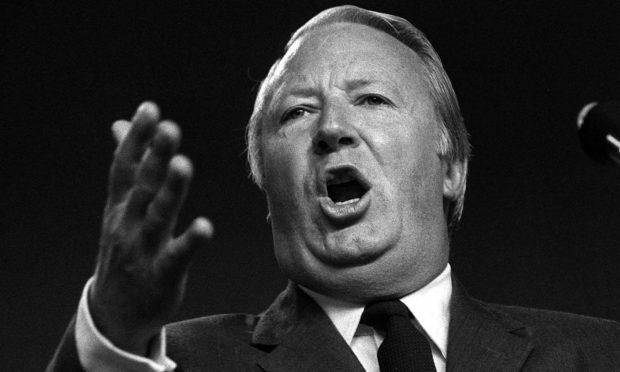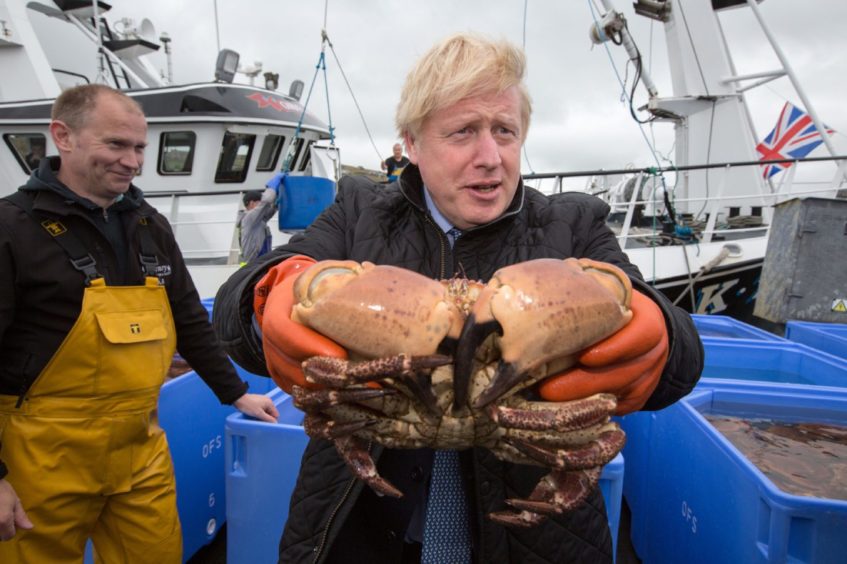Britain becoming an independent coastal state was a central pillar of the Brexit campaign in 2016.
The promise to “take back control” of our waters was as effective as it was romantic — the idea of us Brits becoming a buccaneering sea-faring nation once more chimed and, on the face of it at least, was easy to explain.
Exiting the European Union would see struggling coastal communities and hard-pressed fishermen getting extra investment and earning more cash as fishing quotas were renegotiated, or so it was promised.
Four years on from that vote, the man who led the campaign to leave the EU, Boris Johnson, is in Number 10 and is, we are led to believe, edging ever closer to a deal with Brussels.
Mr Johnson is keenly aware that the shape of that deal and whether it’s “a win” for the fishing community will determine the future success of his premiership.
Indeed, the prime minister has reportedly told aides he will not compromise, citing the example of former Tory prime minister Edward Heath, whose name is still a byword for betrayal in fishing communities.
“He has been going around saying that he’s not prepared to be the new Ted Heath,” one official said.
What did Heath do?
In 1971, in response to the UK and Norway’s application to join the European Economic Community, the original six member states insisted on equal access to fishing waters.
Norway’s fisheries minister resigned in protest at the request, and the Norwegians voted against joining the EU.
Heath was privately warned that such a move could lead to half the fishermen in Scottish waters – then 4,000 men – losing their jobs, but the decision was taken to go ahead as it was believed the wider benefits of membership would outweigh the negatives for the fishing community.

In 1973 Britain joined the EU and the stitch up was eventually formalised with the Common Fisheries Policy.
Why did the UK agree to a policy that was so hostile to its interests? According to Sir Con O’Neill, who led the British delegation in negotiations, Heath was so determined for talks to succeed that he was prepared to pay any price; the only thing that mattered was accession.
“Swallow the lot and swallow it now,” were the instructions, it was reported.
What is Boris prepared to swallow?
As we enter the final days of the Brexit saga, there are similar cries in Westminster. Many commentators have argued that Britain needs to agree a deal and that it is madness to walkaway over an industry worth 0.1% of the economy.
Will history repeat itself, or will Johnson stand by the fishing industry? All eyes are trained on Number 10.

